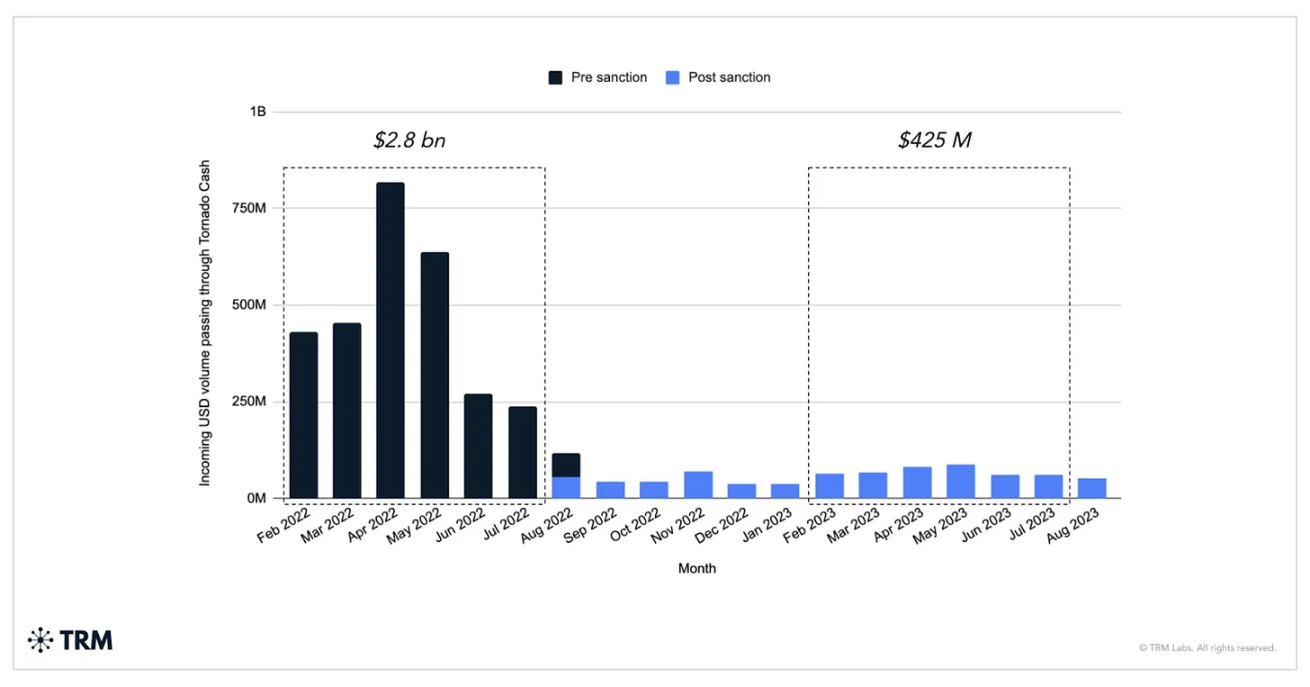Hong Kong Sets Global Standard by Regulating Virtual Assets with New Self-Policing Body
- Hong Kong launches VALA, a self-regulatory body to standardize virtual asset exchanges and boost market transparency. - VALA mandates AML/CTF compliance, cybersecurity, and governance to safeguard assets and ensure fair trading practices. - The initiative aligns with global fintech trends, aiming to attract institutional investors and solidify Hong Kong's digital asset leadership.
Hong Kong has introduced a new initiative aimed at enhancing transparency and regulation in the virtual asset market by launching the Virtual Asset Listing Association (VALA). The association will serve as a self-regulatory body, providing a framework for virtual asset exchanges operating in the region. This move is part of a broader strategy to position Hong Kong as a global hub for fintech innovation and to align with international standards in financial markets.
VALA will establish a set of standardized listing requirements for virtual asset exchanges, including measures to enhance market integrity, investor protection, and operational resilience. These requirements will apply to exchanges seeking to operate under Hong Kong’s regulatory framework and are expected to include criteria such as compliance with anti-money laundering (AML) and counter-terrorist financing (CTF) regulations, cybersecurity protocols, and governance standards. Exchanges will be required to demonstrate their ability to safeguard digital assets and ensure fair trading practices.
The initiative builds upon recent developments in Hong Kong’s regulatory landscape, including the introduction of conditional fee agreements (CFAs) for arbitration and legal proceedings. These reforms, which mirror similar initiatives in Singapore, aim to provide greater flexibility in legal and financial services while maintaining ethical and professional standards. The introduction of VALA demonstrates a continued commitment to balancing innovation with oversight, ensuring that the virtual asset market remains a competitive and trustworthy sector.
Market participants have welcomed the initiative, noting that it addresses gaps in current regulatory structures and provides much-needed clarity for exchanges and investors. The association is expected to collaborate closely with the Hong Kong Securities and Futures Commission (SFC) and other relevant authorities to ensure alignment with existing financial regulations. This collaborative approach is seen as crucial for maintaining market confidence and encouraging international investors to engage with Hong Kong’s virtual asset ecosystem.
The timing of the initiative coincides with growing global interest in digital assets, including the recent record highs for ether and the increasing participation of institutional investors in cryptocurrency markets. By establishing a clear regulatory framework, Hong Kong aims to attract a diverse range of market participants, including virtual asset exchanges, financial institutions , and technology firms. The government has also indicated that it plans to expand the scope of VALA in the future to include additional services and products, further solidifying its position as a key player in the global digital asset landscape.

Disclaimer: The content of this article solely reflects the author's opinion and does not represent the platform in any capacity. This article is not intended to serve as a reference for making investment decisions.
You may also like
Citibank and SWIFT complete pilot program for fiat-to-crypto PvP settlement.
Pantera Partner: In the Era of Privacy Revival, These Technologies Are Changing the Game
A new reality is taking shape: privacy protection is the key to driving blockchain toward mainstream adoption, and the demand for privacy is accelerating at cultural, institutional, and technological levels.

Exclusive Interview with Bitget CMO Ignacio: Good Code Eliminates Friction, Good Branding Eliminates Doubt
A software engineer's brand philosophy.